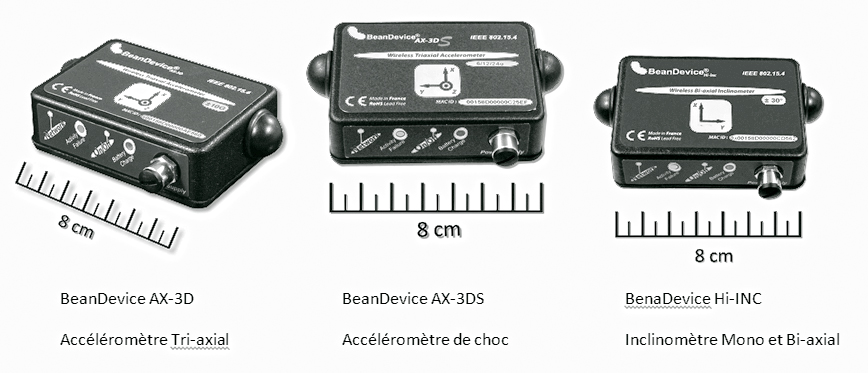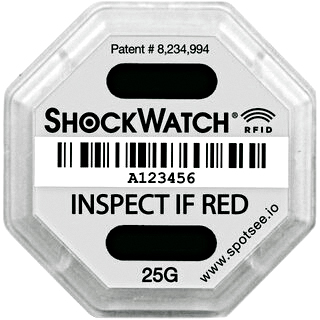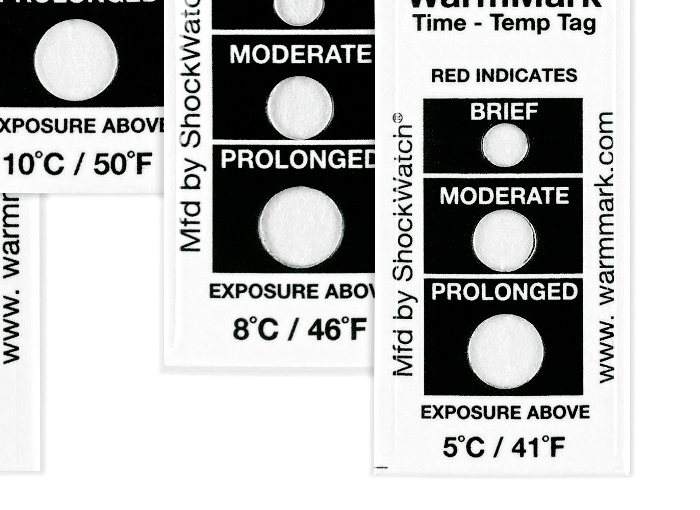Embedded sensors
Regulation of GPS tracking
The use of GPS tags in companies is governed by the laws on privacy protection, and particularly by the Article 6.2 of the Act of January 6, 1978 as amended, which states that data can only be entered “for specified, explicit and legitimate purposes”. The CITCL (Commission for Information Technology and Civil Liberties) a recommendation on March 16, 2006 which specifies a list of purposes making the use of a GPS tracker on a vehicle legal. If it is set up for the driver’s own safety, the goods or the vehicle, its use is legitimate. Similarly, if its purpose is to optimize trips to save time, money or simplify the driver’s route. Finally, geolocation can be used to track and invoice a service, as well as to determine working time (for remuneration). On the other hand, it is illegal to collect private information by unknowingly monitoring a third party of legal age (including within one’s own family). This constitutes an invasion of privacy punishable by criminal conviction.
From the location of the vehicle to the location of the goods
Active or passive location sensors
RFID and GPS are both excellent tools to track goods and, although there are some similarities at first glance, they are incredibly different.
- GPS : GPS stands for Global Positioning System and uses satellite signals to communicate position. The signal processors pick up low-powered satellite signals and use an algorithm to calculate the exact position. The position is communicated to the earth using a cellular network or long-range system.
- RFID : RFID stands for Radio Frequency IDentification. It is a form of identification technology that uses radio waves to transfer information. The information is stored in an integrated circuit (called a “chip” or “tag”). The tag transfers the information to a reader over usually fairly short distances, and a computer translates the information into a human-readable form.
Both GPS and RFID can provide accurate location, but with very different results. If you want to know what points of contact in your process, facility, or chain of custody your items have reached, RFID may be the ideal solution. But if you want to track your items as they move outside of your facility, around the world, you may need to consider a more advanced GPS solution.


Some goods must not be shaken.
Useful sensors for prevention
There are several types of shock and vibration sensors. The choice is based on cost considerations and the ability to retrieve or not the sensors at the end of the transport:
- Disposable shock indicators
- Reusable shock indicators
- Shock recorders (historization)
- Geolocalized shock recorders

Retrace the history of temperature and hygrometry
Monitor sensitive and perishable products
There are several types of temperature and humidity sensors. The choice is made on the basis of cost considerations and the ability to retrieve or not the sensors at the end of transport:
- Disposable temperature indicators. Reactive labels if threshold values are exceeded.
- Disposable or reusable USB temperature recorders
- Geolocalized temperature recorders